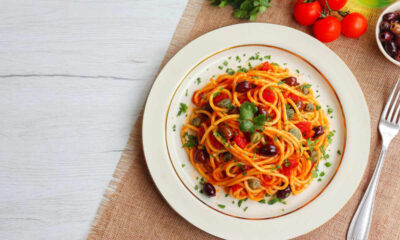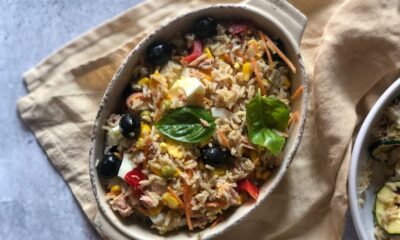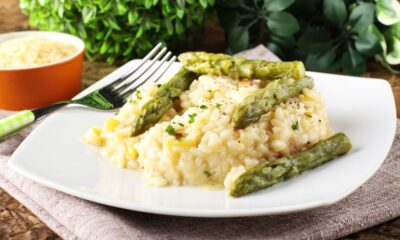Health
Cystitis in children: how to recognize it and what are the remedies
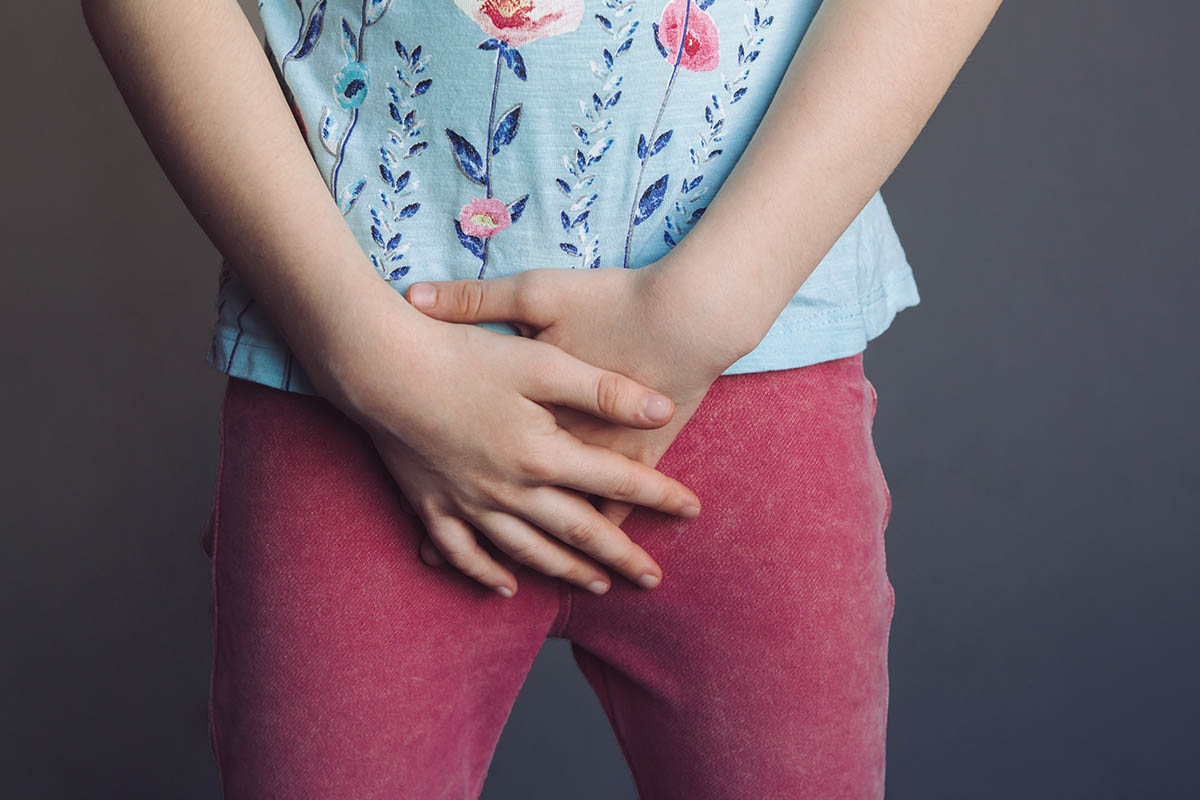
Let’s learn to recognize the symptoms of cystitis in children and what are the natural remedies to use to treat it quickly.
Cystitis in children is a fairly common problem but it can often be difficult to recognize due to a lack of information. If taken early, it can be easily cured even with natural remedies. This is why learning to recognize it from the first symptoms is very important and, above all, able to make a difference . So here’s what you need to know about it.
Cystitis in children: the symptoms to recognize
As is often the case, children are not always able to explain how they feel. And this can lead to not recognizing any diseases or problems of various kinds in time.
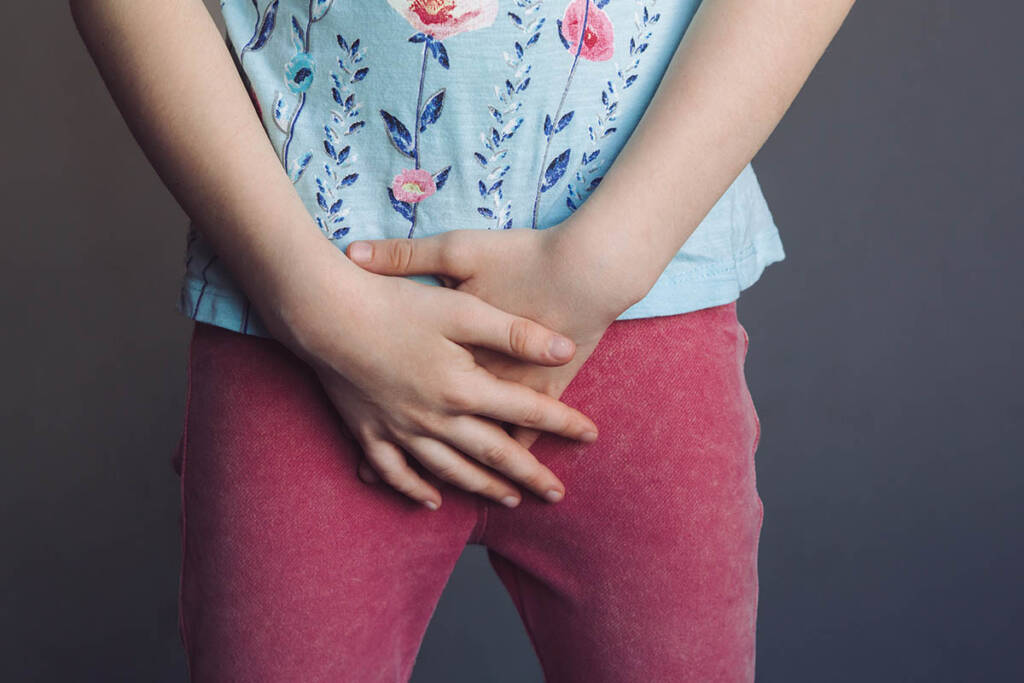
In the case of cystitis, however, there are some unequivocal symptoms that can therefore be recognized by simple observation. How to recognize urinary infection then? The most important thing is to learn to observe the symptoms, which are:
– Nervousness
– Burning on urination
– Frequent need to urinate
– Fever
– Tiredness
– Pain in the side
– Different colored urine
– Poor appetite
In the presence of these symptoms, the first doubt that arises concerns how to behave. And, as you can imagine, the first step is always to contact your doctor in order to have a diagnosis. Once this is done, you can think about possible remedies.
How to cure cystitis in children
After diagnosis, which is usually done by analyzing a urine sample, your doctor may prescribe antibiotics. If the problem is not yet advanced, however, it is possible to treat children’s cystitis with natural remedies. The first among the many (and increasingly in use also among adults) is D-Mannose , to be administered always after medical advice. It is also very important to take care of the hygiene of the little ones with greater attention and to make sure that they drink enough.
Other remedies include the intake of small quantities of bicarbonate after meals, a diet with few sugars and few acids and the consumption of fruit and vegetables. All choices that will obviously be made in agreement with the pediatrician in order to promptly resolve the problem.
Riproduzione riservata © - WT




